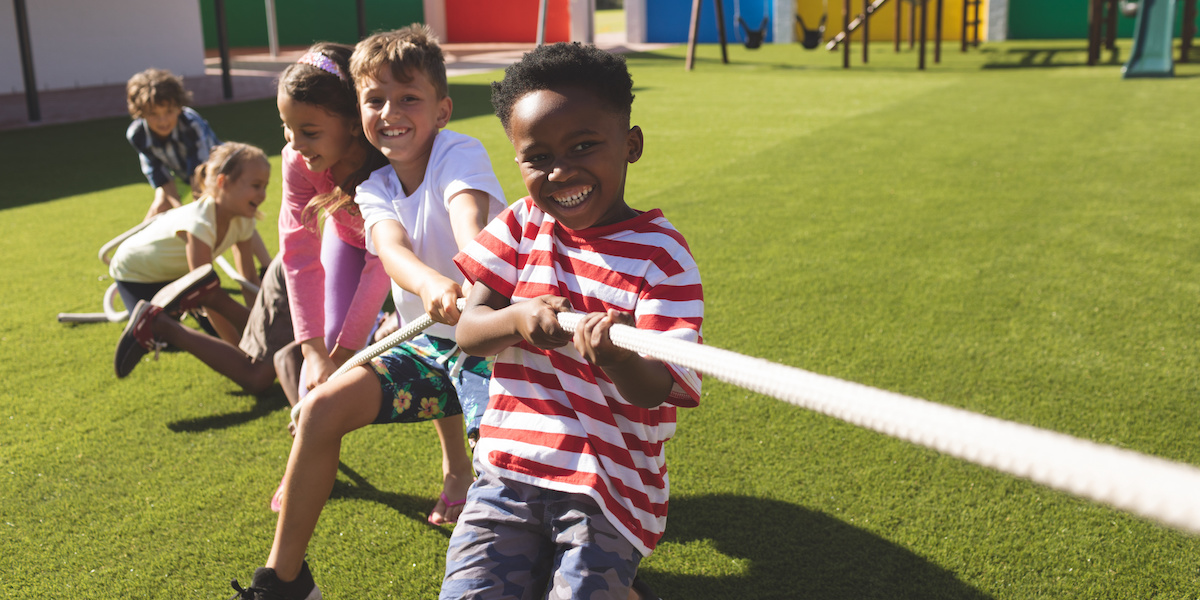
The following is excerpted from an online article posted by StudyFinds.
Excitement and exploration help kids avoid anxiety, according to researchers from the University of Exeter. Their study finds children who spend more time playing adventurously show fewer signs of anxiety and depression. Moreover, adventurous kids also tended to be happier during the first COVID-19 lockdown.
Researchers surveyed nearly 2,500 parents of children between five and 11 years old for this project. Some parents (427) were living in Northern Ireland, while the majority (1,919) hailed from the United Kingdom (England, Wales, and Scotland).
Each parent was asked how often their children engaged in play considered “thrilling and exciting.” Examples include climbing trees, riding bikes, or exploring a wooded area. Study authors point out that such activities are often unpredictable and may even lead to a scary or uncertain moment or two.
“We’re more concerned than ever about children’s mental health, and our findings highlight that we might be able to help protect children’s mental health by ensuring they have plentiful opportunities for adventurous play,” says study leader Helen Dodd, a professor of child psychology, in a university release.
“This is really positive because play is free, instinctive, and rewarding for children, available to everyone, and doesn’t require special skills. We now urgently need to invest in and protect natural spaces, well-designed parks, and adventure playgrounds, to support the mental health of our children.”
Kids are more plugged in nowadays than ever before, which means most children don’t have as many opportunities for adventurous play outside as previous generations. An important aspect of adventurous play in many cases is that it takes place away from adult supervision. Researchers wanted to test their theory that adventurous play helps kids build up their resilience, making them less vulnerable to mental health issues.
Sure enough, kids who spent more time playing outside dealt with less “internalizing problems,” hallmarked by anxiety and depression. Those same children were generally more positive during the first lockdown as well.
The study was published in the journal Child Psychiatry & Human Development.
Source: StudyFinds
https://www.studyfinds.org/adventurous-play-mental-health/

 What’s Hot? 09/12/25
What’s Hot? 09/12/25  Early Smartphones May Scar Young Minds
Early Smartphones May Scar Young Minds  Teenage Period Pain Linked to Higher Risk of Chronic Pain in Adulthood
Teenage Period Pain Linked to Higher Risk of Chronic Pain in Adulthood